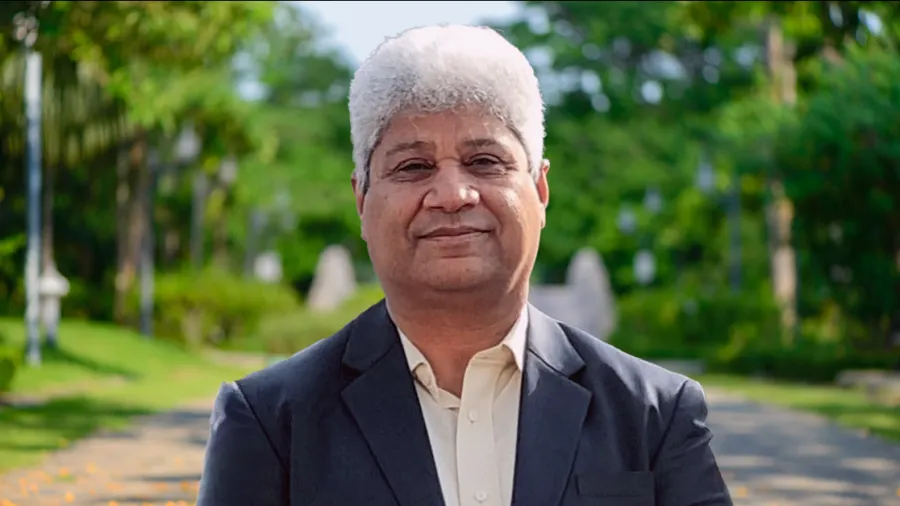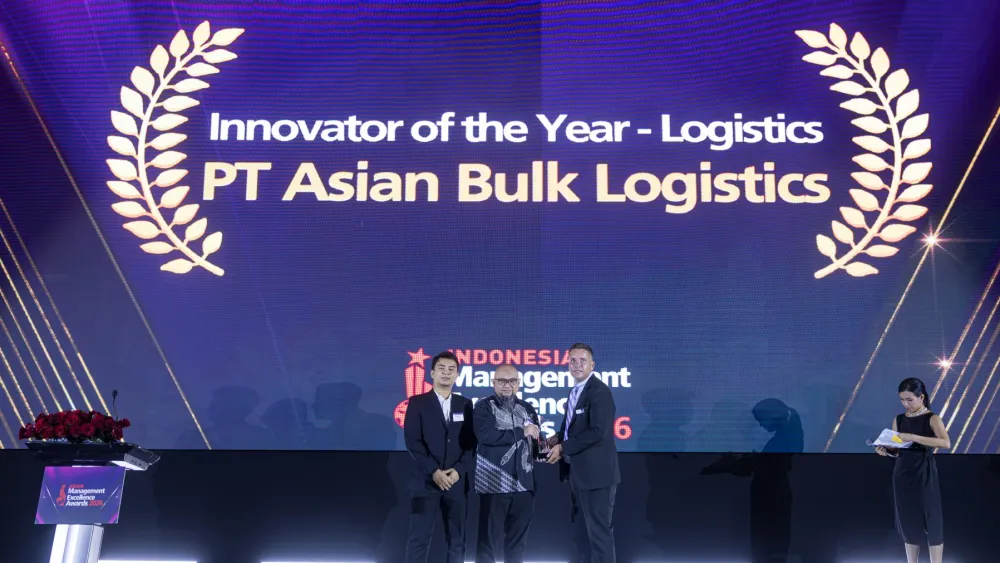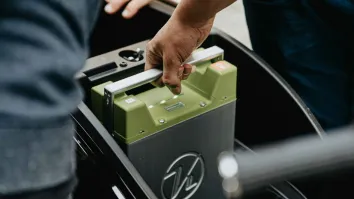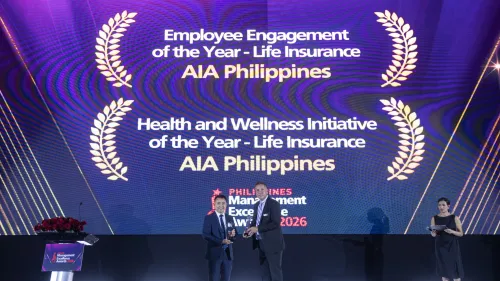
Oil and Gas Digitalization triumph: Transforming the industry with innovative technology
Discover how streamlined data and innovation are driving efficiency and sustainability, and gain insights from the journey towards digitalization excellence.
In the realm of modern business and industry, the ability to harness technology for greater efficiency and success is a defining factor. Innovations and solutions that streamline operations, enhance decision-making, and promote sustainable growth are not only highly coveted but also celebrated when they materialise.

PARCO, a prominent name in the oil and gas sector in Pakistan, has recently emerged as a standout exemplar in this regard. Their exceptional achievement at the Asian Technology Excellence Awards in the category of Digitalization for Oil and Gas is a testament to their unwavering commitment to advancing technology for the betterment of their industry.
Asian Business Review spoke with Mr. Faisal Amir, CIO and Saiyed Shahab Ahmed, Head of Digitalization at PARCO, as they delved into the details of PARCO's award-winning project, which has garnered the recognition and respect of the technology and business communities.

Can you outline your strategic vision for incorporating digital technologies such as data analytics, RPA, and AI into the business processes of an oil and gas organisation?
Certainly, our strategic vision revolves around leveraging cutting-edge digital technologies to drive innovation, enhance operational efficiency, and ensure sustainable growth for our oil and gas organisation. We envision a seamlessly interconnected ecosystem where data analytics, big data, and AI converge to provide actionable insights across all facets of our operations. This involves deploying robust analytics frameworks to optimise exploration, production, and supply chain processes.
Additionally, we prioritise the integration of operational technology for real-time monitoring and control, fostering a proactive approach to asset management. The digitisation of historical data will be a key focus, ensuring a transition from hard copy to soft copy archives for improved accessibility and informed decision-making.
Moreover, we are focused on driving automation through low-code and no-code platforms, streamlining business processes, and enhancing overall agility. Emphasising collaboration, cybersecurity, and a robust change management strategy, our vision aims to position our organisation as a leader in the digital transformation of the oil and gas industry.
During your digitalization journey, can you provide examples of how you have utilised low-code and no-code application platforms to automate business processes? What benefits did these platforms bring to the organisation?
We leveraged low-code and no-code application platforms to streamline various business processes in our oil and gas organisation. For instance, we used these platforms to automate manual processes and time-consuming business procedures, reducing manual errors and enhancing data accuracy. This resulted in significant time savings and increased operational efficiency. Moreover, the simplicity of these platforms allowed non-technical staff to utilise them easily for routine operations, fostering a culture of innovation and collaboration. The rapid deployment capabilities of low-code and no-code solutions enabled us to adapt quickly to evolving business needs, ensuring agility in our operations. Overall, these platforms played a crucial role in driving cost-effective automation, empowering our teams to focus on higher-value tasks and accelerating our digital transformation journey.
How can Robotic Process Automation (RPA) be used for streamlining business processes within the oil and gas sector? Can you share specific examples?
You can implement Robotic Process Automation (RPA) to streamline critical business processes in the oil and gas sector. One notable example is the automation of routine data entry tasks in our exploration and production workflows, significantly reducing manual errors and accelerating data processing times. By deploying RPA bots, organisations can achieve enhanced operational efficiency, allowing teams to focus on more complex, value-added tasks. This strategic use of RPA will not only increase productivity but optimise resource allocation.
How do you stay updated on emerging technologies, and how do you assess their potential relevance to the oil and gas industry?
Being the digitalization lead of the organisation, staying current on emerging technologies is integral to our success. We regularly engage with industry forums, attend conferences, and foster partnerships with technology ventures to gain insights into the latest advancements. We strongly believe in joint ventures with academic research. Additionally, maintaining a robust network of our digitalization team with the tech community enables us to understand trends and potential applications. Our team actively participates in continuous learning and development programmes, ensuring we stay ahead of the curve. To assess relevance to the oil and gas industry, we conduct thorough feasibility studies, pilot projects, and collaborate with experts to evaluate the impact on operational efficiency, safety, and overall business objectives. This proactive approach ensures our organisation embraces transformative technologies that directly benefit our industry.
What key performance indicators (KPIs) do you prioritise when measuring the success of digitalization initiatives? Can you provide examples of quantifiable improvements resulting from your efforts?
Our digitalization KPIs revolve around business process efficiency, cost reduction, and sustainability. For AI and machine learning initiatives, we track improvements in business process accuracy and optimisation. In data analytics, we prioritise KPIs such as data quality and actionable insights through executive management dashboards. The digitisation of old records is measured by the speed of accessibility and reduction in manual errors in hardcopy data. Transitioning to a paperless environment aligns with KPIs related to reduced environmental impact and enhanced data security. In business process automation, KPIs include process time reduction and error rates. Quantifiable improvements include a 20% reduction in operational costs, a 40% increase in data accuracy, and achieving a 50% decrease in paper usage where digitalization transforms the process through next-generation platforms, contributing to our commitment to a greener future.
How do you see the future of digitalization in Oil and Gas domain of Pakistan?
We envision a transformative future for digitalization in the oil and gas sector of Pakistan. The dynamic landscape presents an exciting opportunity for innovation, efficiency, and sustainable growth. Through strategic integration of advanced technologies like AI, data analytics, and machine learning, we aim to propel the industry towards heightened operational excellence. The digitisation of processes and commitment to a paperless environment will not only enhance productivity but also contribute to environmental conservation. As we continue to navigate this digital journey, collaboration, adaptability, and a forward-thinking mindset will be pivotal. We are confident that our concerted efforts will position Pakistan's oil and gas industry at the forefront of digital transformation, ensuring a resilient and prosperous future. Thank you for the insightful discussion. Looking forward to contributing to the digital evolution of the energy industry.



















 Advertise
Advertise









